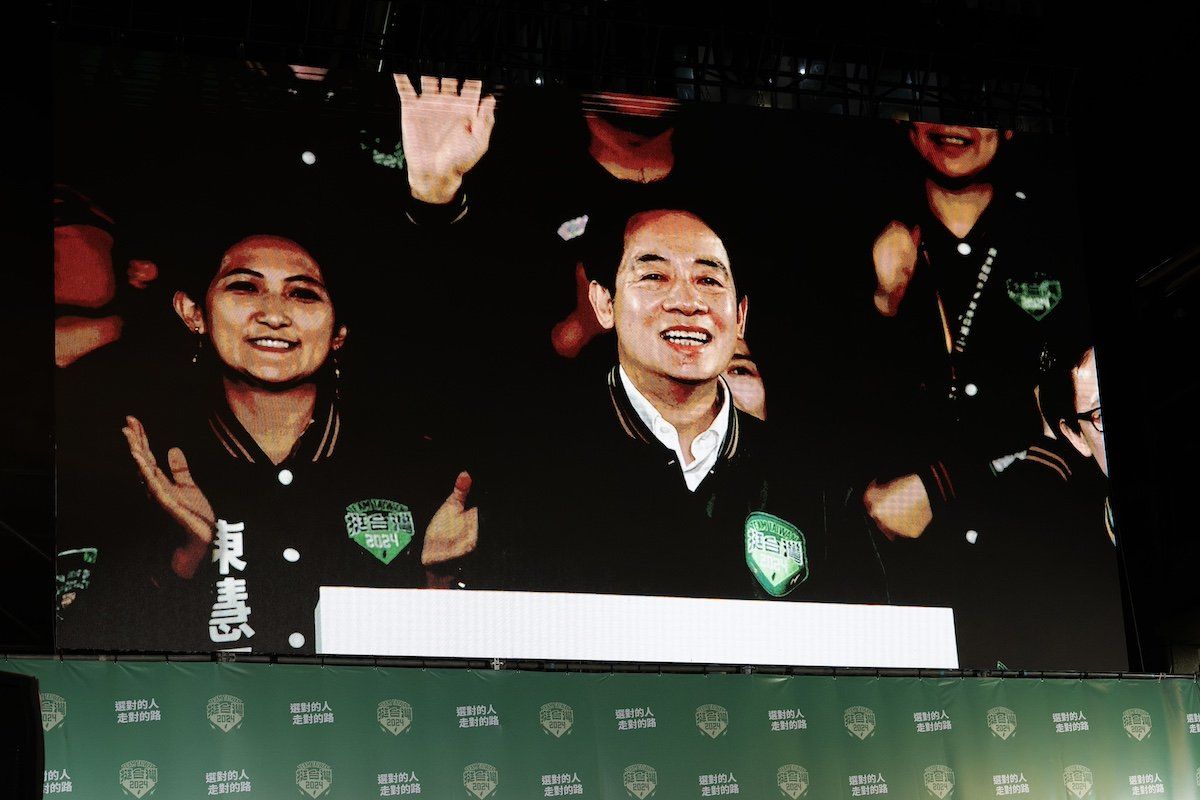Taiwan may have elected pro-independence candidate William Lai as its next president, but the result wasn’t the worst news Beijing expected.While Lai secured a decisive win with a seven percentage point lead over his next nearest rival, his party did not fare as well. Dissatisfaction with rising house prices, stagnant wages, and shrinking job opportunities lost the party favor with young voters. Lai’s Democratic Progressive Party, or DPP, failed to get a majority of seats in the legislature. Final results gave the Kuomintang 52 seats, the DPP 51, the Taiwan People’s Party 8, and independents 2.
Lai will thus have to compromise to pass legislation and cooperate with parties that are more favorably disposed to Beijing, potentially toning down his anti-China rhetoric. That could preclude the need for a show of military might by Beijing, a relief for investors who feared the economic impact of such a move, as well as for Western nations that have zero interest in another front opening up in Asia while they’re busy with Ukraine, Israel, and the Red Sea.
But don’t expect a kumbaya moment. In an article to be published Tuesday in Qiushi, a magazine of the Communist Party’s Central Committee, Chinese President Xi Jinping sets out Beijing’s strategy: “Develop and strengthen Taiwan’s patriotic, reunification forces. Oppose ‘Taiwan independence’ separatist activities, and promote its complete reunification with the motherland.”
In other words, do more of what China has been doing for the past few decades – and during the recent vote: co-opting politicians, disinformation campaigns, political persuasion, and other “soft power” weapons will be deployed apace. Already, Beijing can chalk up one win: The Pacific island nation of Nauru announced this week that, “in the best interests” of the country and its people, it would cut ties with Taiwan and seek full resumption of diplomatic relations with China. The United States, the ally that really matters to Taipei, maintains that its support for Taiwan’s status remains “rock solid.”